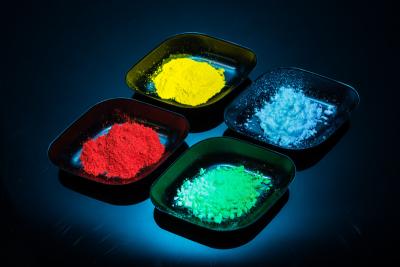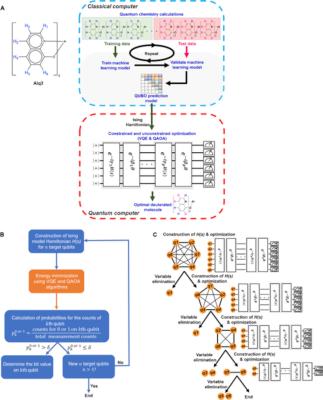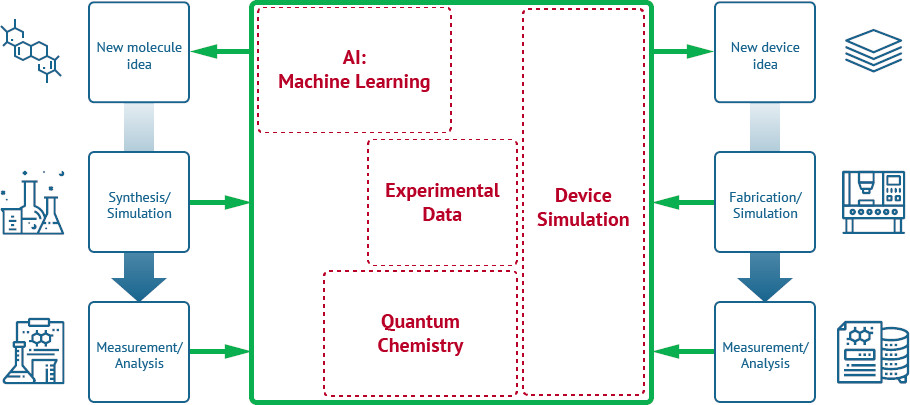Merck in dialogue: Next generation OLED materials
Merck KGaA is a pioneer in high performance OLED material development, supplying a range of materials for AMOLED makers since the industry’s inception.
To learn more about Merck’s materials and views on the OLED industry, we conducted an interview with Dr. Georg Bernatz, Merck Electronics’ Global Head of OLED Technical Marketing. Georg Bernatz has received a PhD in Physics from the Philipps-Universität in Marburg, Germany in 2000. In 2004, Georg joined Merck, where, over the years, he worked in various functions and on various topics in the field of Liquid Crystals for displays. In 2018, Georg changed to OLED, leading OLED Physics Product Research, and in 2020 he became responsible for all Physics & Application Labs in Darmstadt for Display materials. Since October 2023, Georg is heading Merck’s Global Technical Marketing for OLED materials.
Hello Dr. Bernatz. Can you bring us up to date quickly on Merck's current OLED material products? What do you offer to OLED display makers?
Merck KGaA, Darmstadt, Germany is very active in the design, development and production of a broad variety of high performing OLED materials, with a strong focus on hole and electron transport materials (HTM, ETM), host materials for phosphorescent emitters as well as activities in the field of high efficiency blue.







